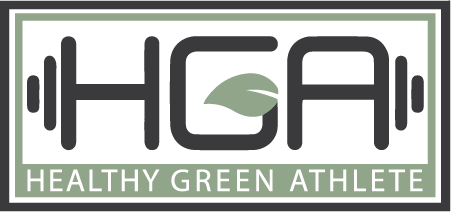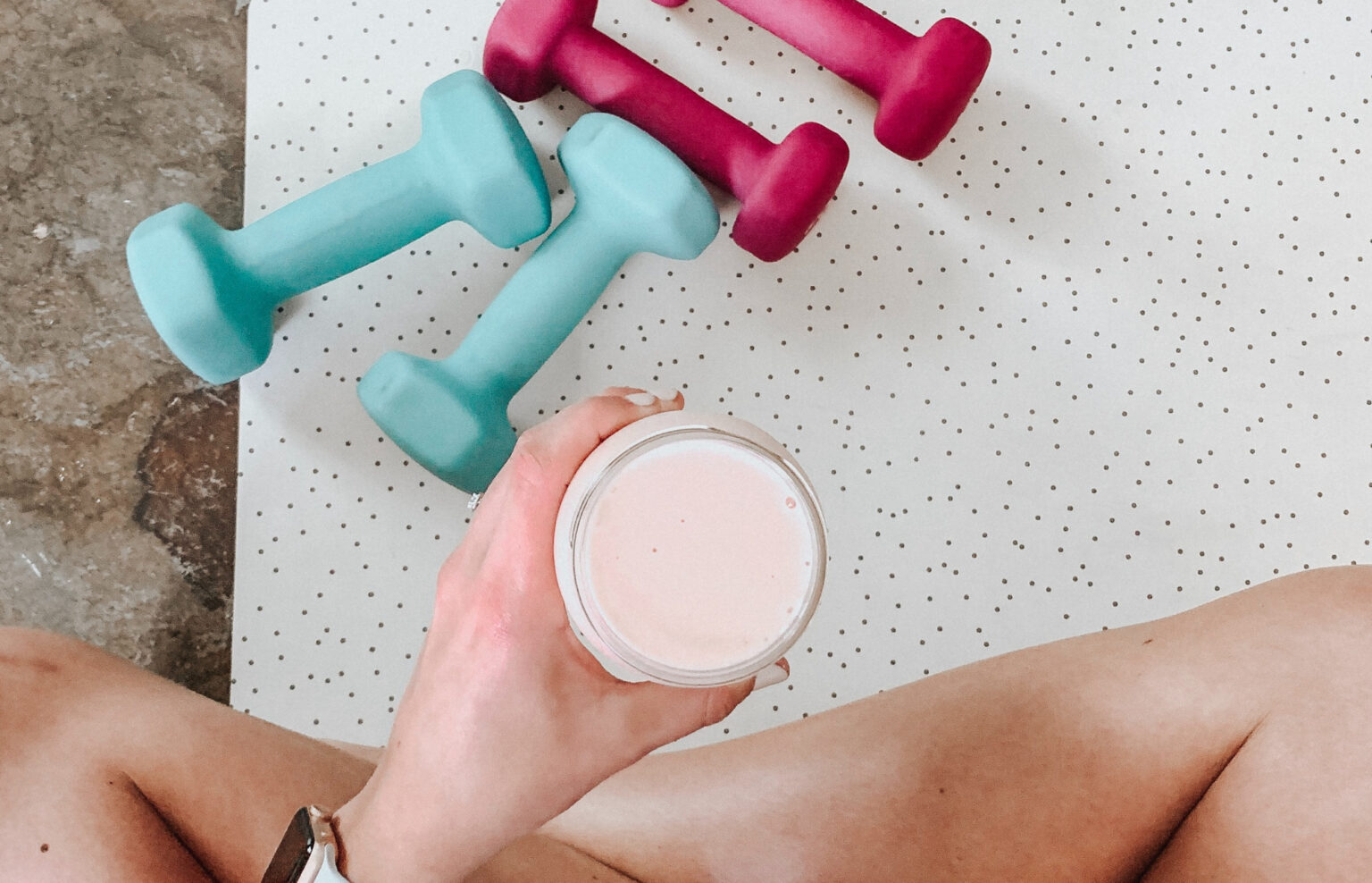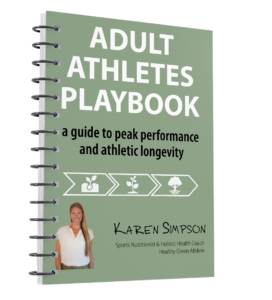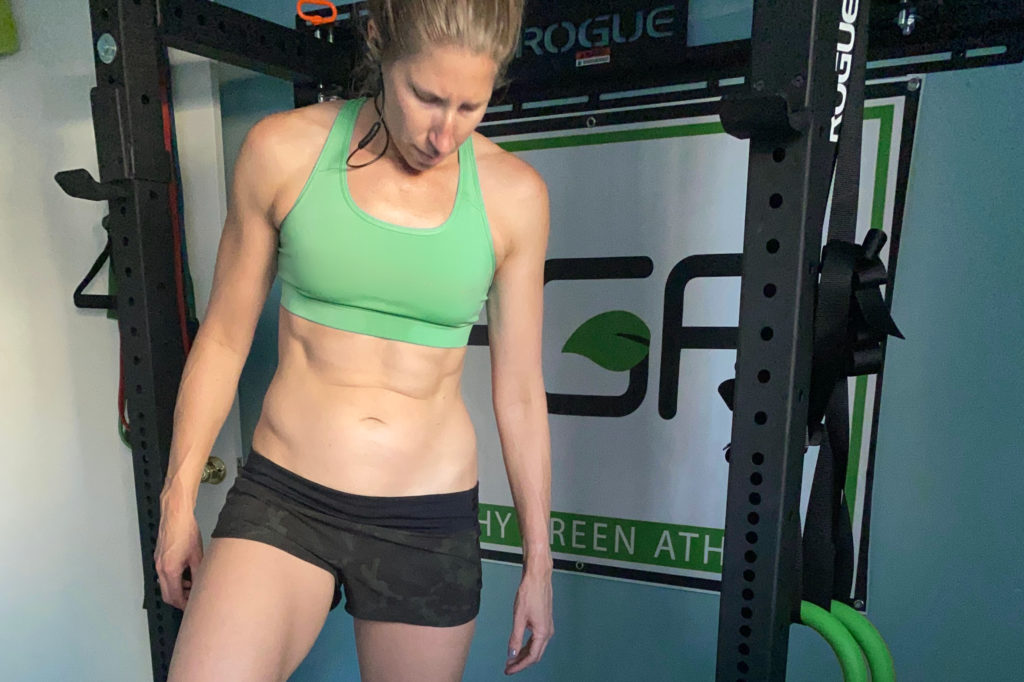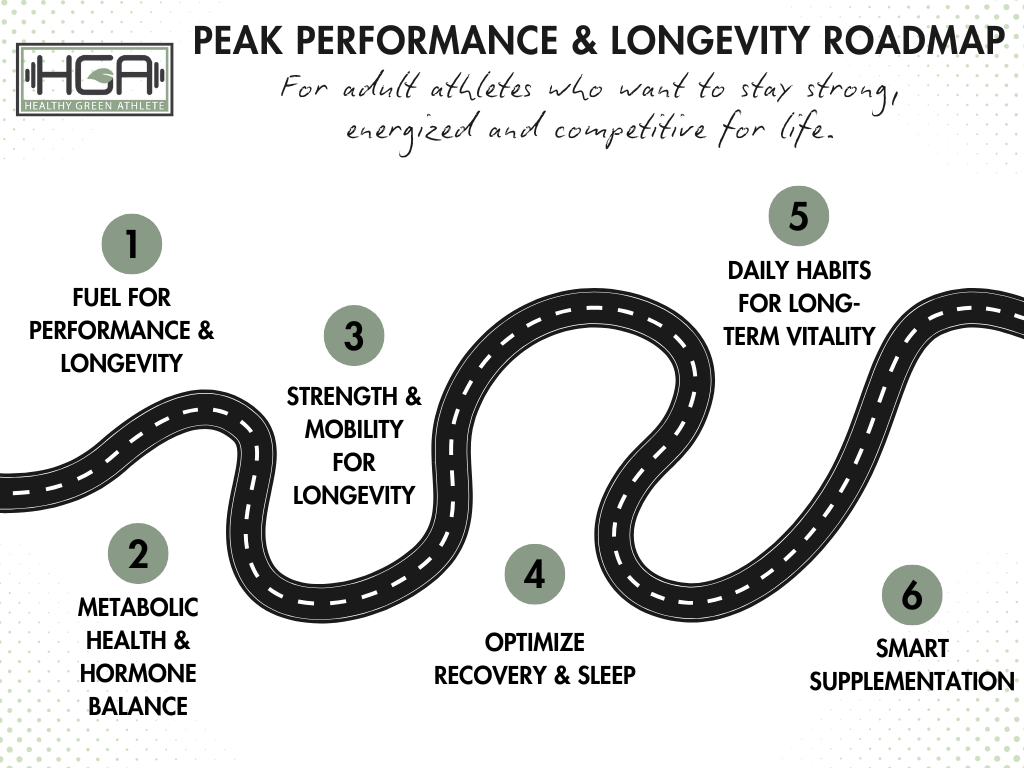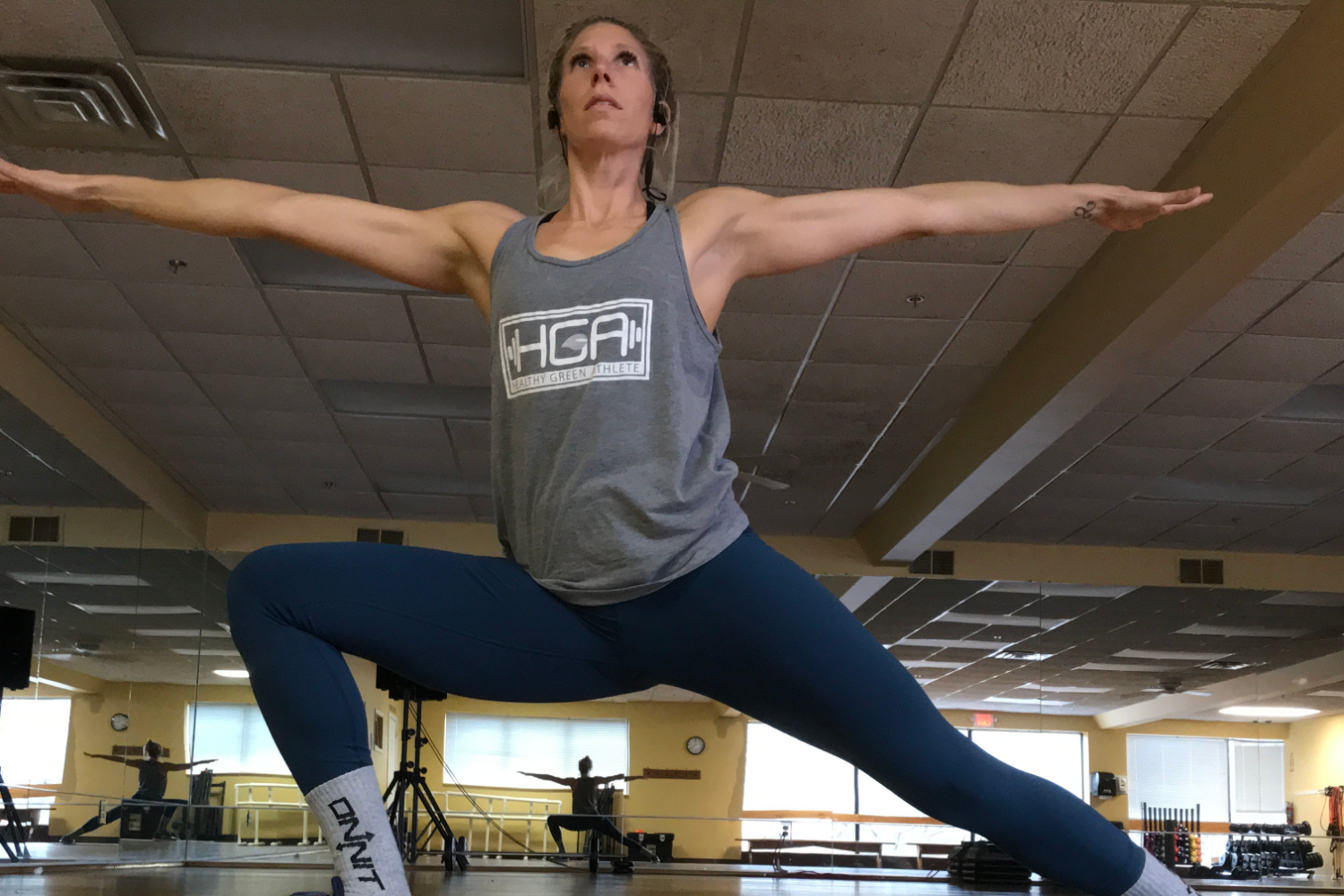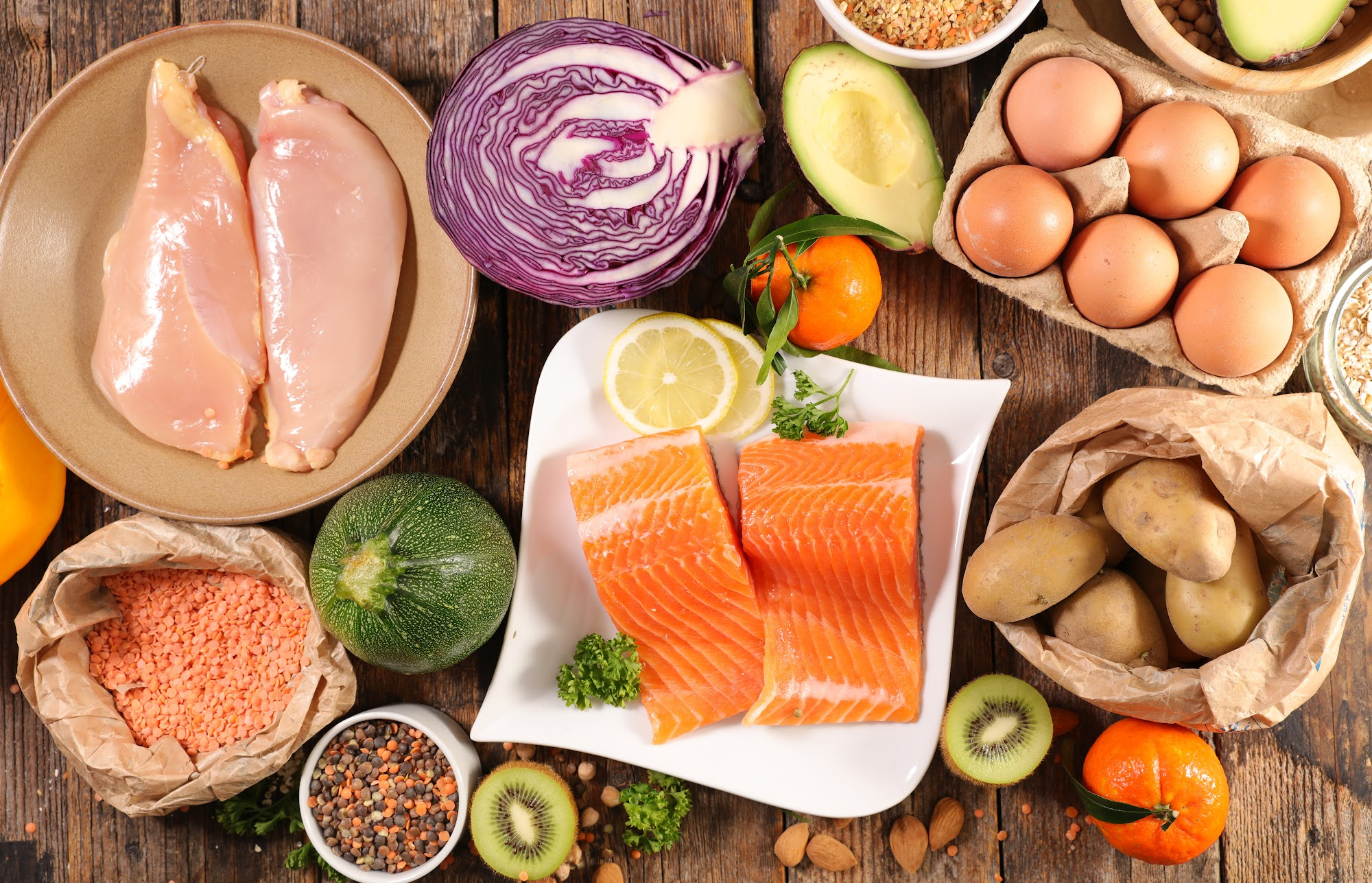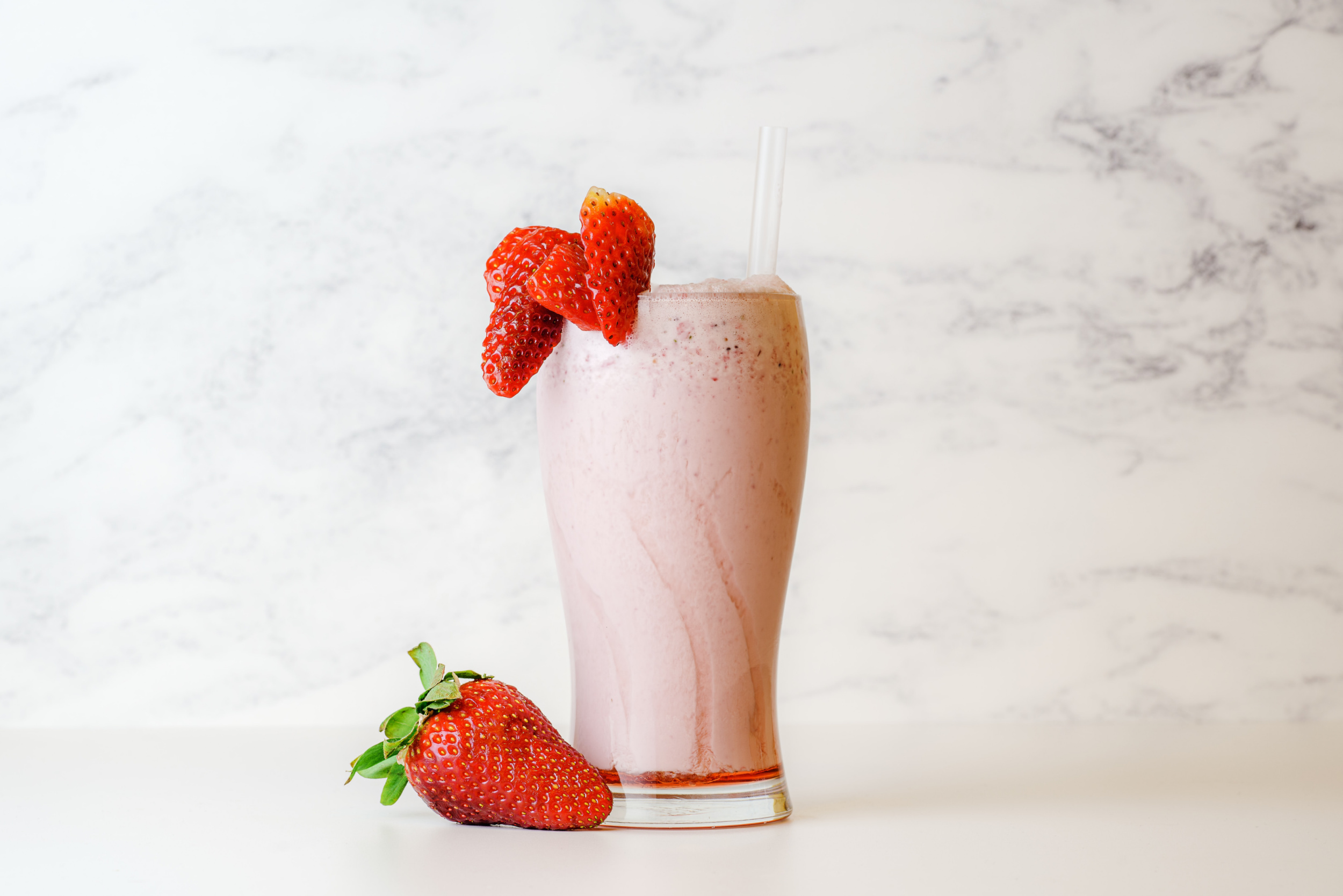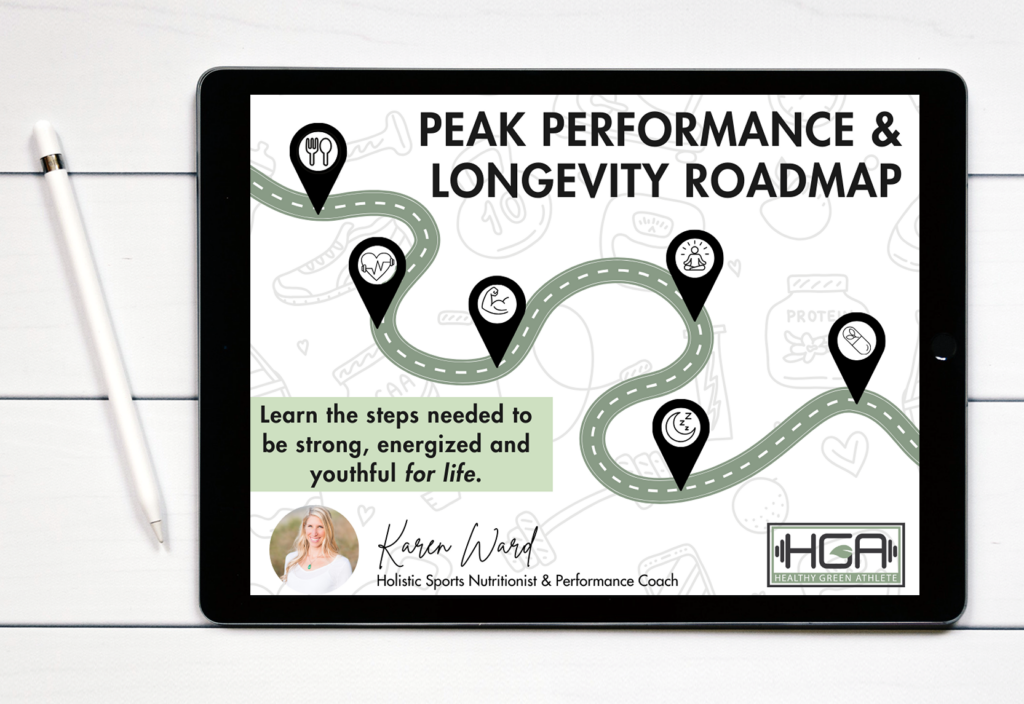Read time: 5 minutes
Sports nutrition is a specialized branch of nutrition tailored to meet the unique dietary needs of athletes and individuals engaged in physical activity. While general nutrition focuses on providing essential nutrients for overall health and well-being, sports nutrition places a heightened emphasis on optimizing performance, enhancing recovery, and supporting specific training goals. Pre workout nutrition considers timing of nutrient intake, amount of nutrients and hydration strategies. It could also include the use of supplements tailored to an athlete’s specific sport and training regimen.
Sports nutrition recognizes that athletes require not only the right quantity of nutrients but also the right timing and quality of those nutrients to perform at their peak and recover effectively. It’s a dynamic field that continues to evolve as researchers and practitioners work to refine strategies that help athletes achieve their full potential.
When it comes to optimizing athletic performance, it’s not just about what you do during your workout. It’s also about what you do up to 4 hours before. Pre workout nutrition plays a vital role in preparing your body for the physical demands of exercise, and it is especially important for adult athletes. In this blog post, I share the significance of pre-workout nutrition and provide valuable guidelines for how it can help adult athletes perform at their best.
Why is pre workout nutrition important?
- It enhances energy levels.
One of the primary reasons pre-workout nutrition is essential is because it provides the necessary energy to power through your workout. Carbohydrates are a key player in this aspect. Consuming complex carbohydrates like whole grains, fruits, and vegetables before exercise ensures a steady release of glucose into the bloodstream, providing a sustained source of energy throughout your workout. This is particularly important for adult athletes who may have lower energy reserves than younger individuals.
- It improves endurance.
Pre-workout nutrition also aids in improving endurance. Adequate carbohydrates not only provide energy but also help spare muscle glycogen stores. This means your muscles can work harder and longer before they fatigue. As an adult athlete, maintaining endurance is crucial for consistent training progress and overall performance.
- It preserves muscle.
Protein is another vital component of pre-workout nutrition. It helps prevent muscle breakdown during exercise. This is particularly important for adult athletes because muscle mass becomes more precious as we age. When you consume protein before your workout, it primes your body with the necessary amino acids to repair and rebuild muscle tissue. This is especially important for adult athletes who may be more prone to muscle loss due to the natural aging process.
In general, consuming protein before a workout can provide amino acids for muscle repair and growth. Lean protein sources are usually recommended before workouts to avoid excessive fat intake, which can slow down digestion. Examples include lean meats (chicken, turkey, lean beef), fish, eggs, low-fat dairy products, or plant-based options like tofu or legumes.
- It keeps you hydrated.
One of the most neglected aspects of sports nutrition is hydration. Proper hydration is a fundamental aspect of pre-workout nutrition. Dehydration can lead to decreased performance, muscle cramps, and even heat-related illnesses. Adult athletes may be more susceptible to dehydration due to changes in their body’s water balance, making it crucial to start their workout well-hydrated.
Begin your workout well-hydrated by drinking water throughout the day. Consider adding an electrolyte beverage for intense or prolonged exercise.
- It keeps you mentally focused and alert.
Pre-workout nutrition doesn’t just benefit the body; it also benefits the mind. Consuming the right nutrients before exercise can enhance mental focus and alertness, helping adult athletes stay sharp during their workouts. This is particularly important when you’re juggling a busy schedule and may be mentally fatigued.
Pre workout nutrition guidelines for adult athletes
Now that we’ve highlighted the importance of pre-workout nutrition, let’s discuss some practical guidelines for adult athletes:
- Timing
It typically takes about 2-4 hours for your digestive system to completely break down food into accessible nutrients for energy. But it could take up to 10 hours for complete digestion to occur. The exact time it takes depends on several factors, including the composition of the meal, your individual digestive system, and your overall health. Meals that are higher in fat and protein may take longer than meals that contain primarily carbohydrates.
Aim to consume a balanced pre-workout meal 2 to 3 hours before and a snack 30-60 minutes before your exercise session. This allows for proper digestion and nutrient absorption, and ensures that your cells have access enough energy when they need it.
- Amount
As a sports nutritionist, I recommend prioritizing carbohydrates before a workout over fats and protein. This is because carbohydrates are your body’s primary source of energy during exercise. If you plan to eat a meal before a workout, your meal should include 30-60 grams of digestible carbohydrates and 15-20 grams of protein. To make this a balanced meal, make sure to also add plenty of fiber and and a serving of healthy fat, too.
If you’re relying on a snack to fuel your workout, shoot for one that contains 30-60 grams of carbohydrates and 15-20 grams of protein. In this case, you can opt for very low quantity of other macronutrients such as fat, protein and fiber.
- Type of food
Choose complex carbohydrates like whole grains, fruits, and vegetables for sustained energy release. Simple carbohydrates like fruits can also be included for a quick energy boost, but avoid excessive sugar, as it may lead to energy crashes.
Fiber is essential for overall health but consuming too much fiber immediately before a workout can cause digestive discomfort. High-fiber foods can be included in your pre-workout meal that you consume 2-3 hours prior. However you might want to stick to lower-fiber foods sources in your pre-workout snack that you consume 30-60 minutes prior.
- Find what works for you
It’s essential to experiment with your pre-workout nutrition to find what works best for your body. Pay attention to how your body responds to different pre-workout nutrition strategies. Some people may prefer a balanced meal containing both protein and carbohydrates, while others may prefer a smaller snack with easily digestible carbohydrates and a moderate amount of protein. Some athletes may prefer liquid supplements or energy gels, while others may prefer whole foods. Customize your pre-workout nutrition based on your individual preferences, dietary restrictions, and workout intensity.
Remember that hydration is equally important. Drinking water before your workout helps maintain optimal performance and prevents dehydration.
Lastly, consult with a sports nutritionist for personalized recommendations based on your specific needs and fitness goals. They can help create a nutrition plan that aligns with your workout routine and dietary preferences.
In summary...
Pre-workout nutrition is a vital component of an athlete’s regimen, and its importance only increases with age. For adult athletes looking to perform at their best, enhance endurance, preserve muscle, and maintain mental focus, paying attention to what you eat before exercise is crucial.
By following the guidelines mentioned above and tailoring your pre-workout nutrition to your specific needs, you can unlock your full athletic potential and achieve your fitness goals. Remember, success in sports isn’t just about the hours you spend training; it’s also about the fuel you provide your body to excel.
